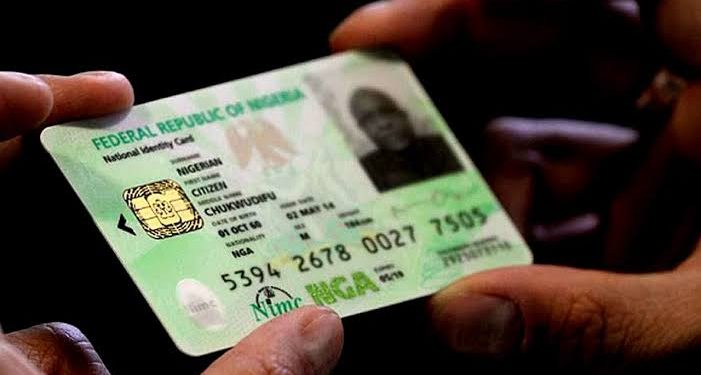In a landmark shift for Nigeria’s financial landscape, the Federal Government has announced the adoption of a unified national credit system that ties individuals’ credit scores to their National Identification Numbers (NIN). The initiative aims to create a centralized, transparent credit database that would enable financial institutions to assess loan applicants more effectively and encourage responsible borrowing.
The Managing Director of the Nigerian Consumer Credit Corporation (CREDICORP), Uzoma Nwagba, revealed the new framework during a press briefing at the State House in Abuja on Tuesday, June 17. He explained that all financial institutions — including commercial banks, fintechs, and microfinance lenders — are now required to report customers’ credit histories, including repayment records, under the new NIN-linked system.
“This is a fundamental shift in how credit works in Nigeria,” Nwagba said. “Your NIN will now anchor your credit profile. Whether you take a loan from a commercial bank or a digital lender, your history will be traceable and carry real consequences. If you default, it may affect your ability to renew your passport, get a driver’s license, or even secure a rental.”
Currently, traditional banks assess creditworthiness using turnover thresholds and BVN-linked credit data—methods that often exclude regular customers perceived as high risk. Meanwhile, fintech lenders rely on digital footprints and smartphone data, charging higher interest rates to cushion default risks. The new NIN-linked credit registry is set to streamline these fragmented methods by providing a central, standardized system accessible by all financial institutions and key government agencies.
According to CREDICORP, the unified credit profile system not only improves loan accessibility but also builds financial discipline by attaching real-life consequences to repayment behaviour. In addition to influencing loan decisions, the data could impact access to services like passport issuance and housing.
For fintechs, the new system may present an opportunity. With credit reporting now streamlined and more consequence-driven, lenders may feel more secure, reducing the need for high-interest charges and widening access to credit for underserved populations.
Nwagba called on financial institutions to actively participate in the national credit framework, which seeks to bridge Nigeria’s staggering ₦183 trillion credit gap and strengthen trust in the lending ecosystem. He emphasized that private sector engagement is vital for its success.
“With the right infrastructure and transparency, lenders will be more confident, interest rates will drop, and Nigerians will finally have access to affordable credit,” he added.










